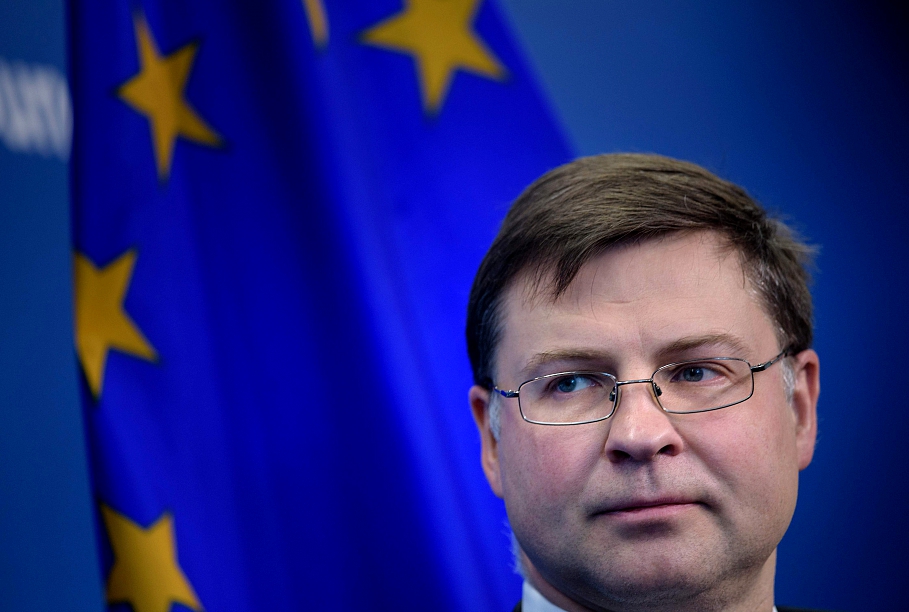Latvia’s economic growth has slowed down from last year, largely because of a slow absorption of EU funding and accordingly smaller investment, Dombrovskis explained. It will also have a serious impact on the construction sector, which in the first half of this year shrank by nearly 20% from the same period last year, the European Commission’s vice president said.
Still, rising domestic consumption and growth in other sectors have been compensating for the drop of investment and construction, Dombrovskis said.
Unemployment has also continued to decrease in Latvia. In 2017, Latvia’s GDP growth is expected to accelerate to 2.8% and reach 3% in 2018. Growth in likely to become stronger on rising investment, the launch of EU-funded projects and more active lending.
Most importantly, though, Latvia has to stick to strict fiscal discipline amid growing global risks, Dombrovskis said.
The EU official underlined that the economies of the bloc’s member states have proven their resilience. “Next year we expect economic growth in all member states. Given the instability that is dominating in the world, it is all the more important now to follow a stable and prudent macroeconomic policy. But it is no less important to tackle inequality in our society so that no one felt left behind,” Dombrovskis said.































